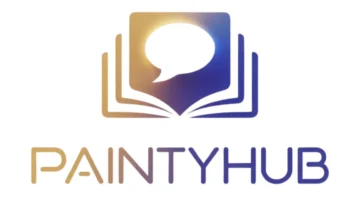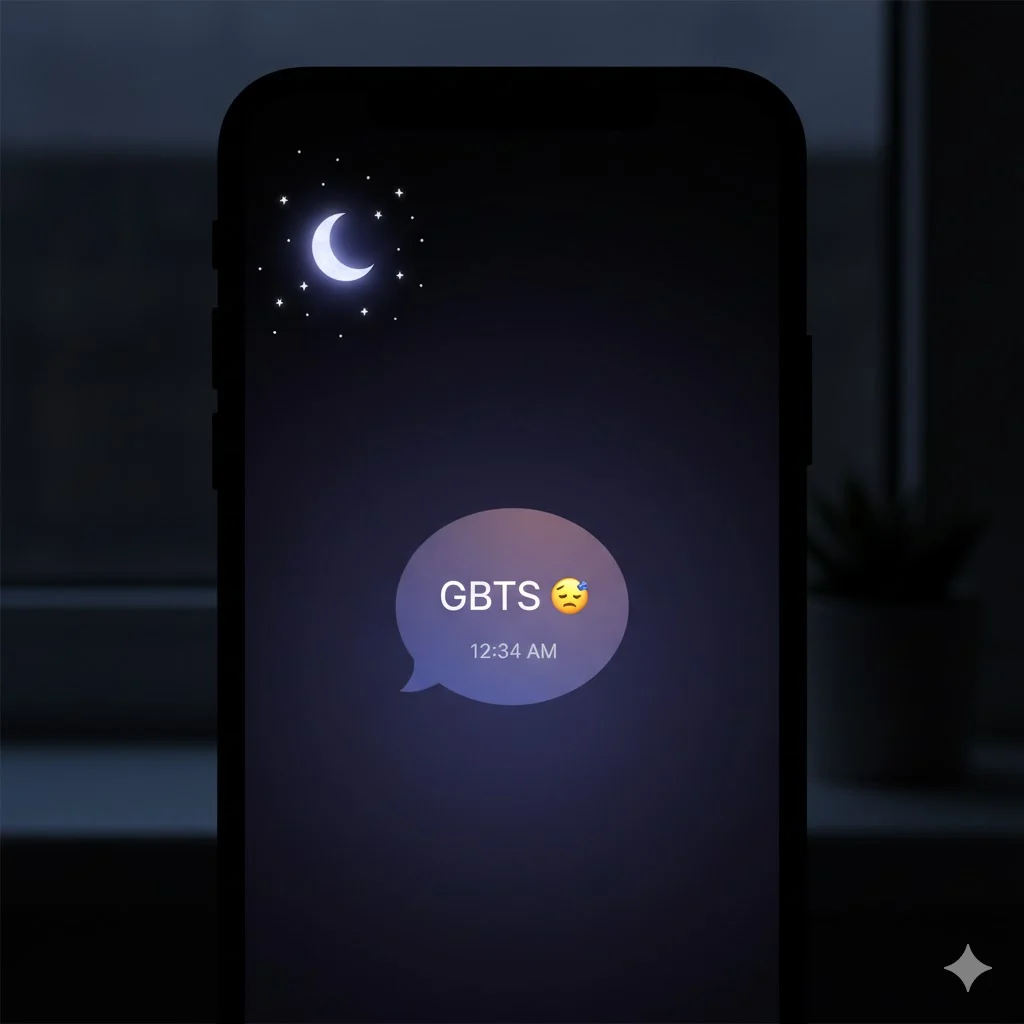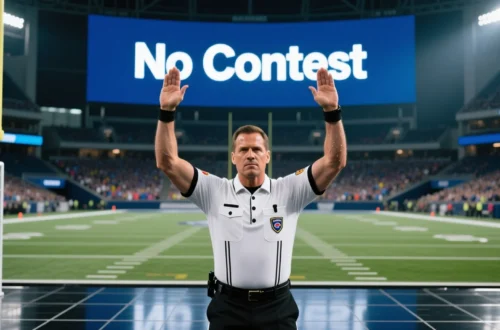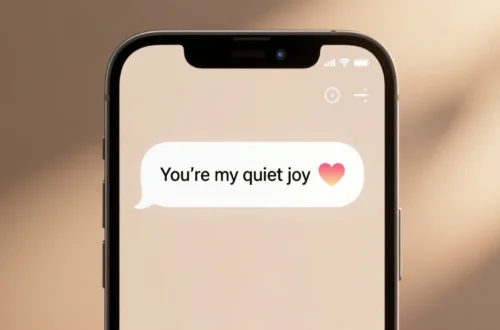Hey! If you’ve ever been texting or chatting online and seen “GBTS”, you might’ve scratched your head and thought, “What is that?” You’re in the right place. Whether you’re a social media scroller, gamer, or texting with friends, slang like GBTS can sneak in and leave you puzzled.
In this article, I’m talking directly to you — the curious communicator who wants to be confident in chats. We’ll unravel what GBTS means, why it shows up, how people use it (in memes, texts, games), and when it’s okay — or not — to use. By the the end, you’ll spot GBTS instantly and understand how to respond with ease.
Definition & Meaning
So — what does GBTS mean in text?
GBTS is an acronym that most commonly stands for “Going Back To Sleep.”
People use it when they get woken up (by a message, notification, or knock) and want to go back to sleep instead of continuing the conversation. It’s a quick, casual way to show: “I’m done, I’m going back to bed.”
Examples in Real Conversations
Friend A: “You awake?”
Friend B: “Just now… but GBTS. Talk later.”
Text: “Hey, did you see that?”
Reply: “GBTS, I’ll catch up tomorrow.”
You: “Did you get my message at 3 AM?”
Them: “Yup. GBTS — sorry lol.”
In all these, GBTS is a gentle sign-off — not anger or offense, just “I’m going back to sleep.”
Sometimes, people might jokingly misuse GBTS to mean something else (depending on context or local slang), but “Going Back To Sleep” is the standard meaning in digital chat.
Background & History
Let’s dig into how GBTS came into use and evolved.
From Words to Acronym
Before texting, people might say in person or voice chat, “I’m going back to sleep.” With the rise of texting and instant messaging, words get shorter. So phrases compress into acronyms like “BRB”, “LOL”, or “GTG”. GBTS joined that family.
Because sleep and rest are universal, GBTS is easy to adopt: The moment someone is interrupted in the night, they can just type “GBTS” and shut down the chat without writing full sentences.
Spread via Online and Mobile Culture
In chat rooms, late-night group chats, and forums, people often communicate at odd hours. Over time, GBTS became shorthand among night owls. The more people used it, the more it caught on.
So now, you’ll see GBTS in:
- Late-night group chats
- Friend DMs
- Social media threads (posts about sleeping)
- Gaming communities where people log off early
Because it’s short and direct, GBTS fits the fast pace of digital conversation.
Usage in Various Contexts
GBTS has a general meaning, but its tone and use vary depending on the situation. Let’s look at a few.
1. Texting Late at Night
Alex: “Are you up?”
Jordan: “Kinda… but GBTS in 5.”
This means Jordan will sleep soon and can’t chat longer.
2. Social Media Posts / Status
People might post:
“Woke up at 3 AM to a notification. GBTS.”
“Finished watching the series. GBTS now!”
Here, GBTS is part of the status — a shorthand for “the night is over, I’m off.”
3. Gaming / Voice Chat
Gamer1: “You coming back to match?”
Gamer2: “Nah, GBTS. I’m offline.”
When someone wants out of the session (especially late), GBTS signals they’re out.
4. Casual Conversations
Friend A: “Let’s continue this tomorrow.”
Friend B: “Yes, GBTS now.”
This is a polite closure, implying “I’m done for tonight.”
Common Misconceptions & Clarifications
Because GBTS is short, it can be misread. Let’s clear up some misunderstandings.
Misconception 1: GBTS Means “Goodbye To Something” or “Get Back To _____”
Some might misinterpret GBTS as “Get back to ___” or “Goodbye to something.” But standard use is “Going Back To Sleep.”
Misconception 2: It’s Rude or Dismissive
No — in most cases, GBTS is neutral or kind. It doesn’t carry strong emotion. It’s not a slam or insult. It just says, “I’m done, going to sleep.”
Misconception 3: It’s a Slang with Hidden Meaning
Not usually. GBTS is fairly literal. If someone deliberately uses it differently (as a joke or local slang twist), then context and tone will signal that.
Clarification: Tone and Audience Matter
If you use GBTS with someone who doesn’t know it, they might think it’s a typo or random acronym. Always consider who you’re texting — is this someone who knows texting slang? If not, maybe don’t use it.
Similar Terms & Alternatives
If you want variety, here are other expressions like GBTS and comparisons:
| Term / Slang | Meaning / Use | Tone |
|---|---|---|
| Going Back To Sleep | Full form | Casual, clear |
| BRB | Be Right Back | Temporary pause |
| GTG | Got To Go | Leaving |
| Later | See you later | Mild, polite |
| Night / GN | Good night | Friendly sign-off |
| Offline / Logging off | Leaving chat | Neutral |
If you don’t want to use GBTS, “Good night” or “Gonna sleep” works well — especially if someone might not get the acronym.
How to Respond to GBTS
If someone drops GBTS in chat, here are ways you can respond — matched to tone.
1. Casual / Friendly
Them: “Hey, GBTS now.”
You: “Alright, sleep well! Catch you later 😊”
2. Funny / Playful
Them: “GBTS — I’m out.”
You: “Don’t let the bedbugs bite 😆”
3. Curious / Light
Them: “GBTS.”
You: “Sure — how was your sleep earlier? Did you wake or something?”
4. Polite / Neutral
“Understood. Rest well.”
“Okay, good night — talk tomorrow.”
5. Ghosting-Safe / Low Commitment
If you’re not sure of the relationship:
“Got it. Take care.”
“Rest up — message when you’re free.”
The goal: respect their sign-off, keep things positive.
Regional or Cultural Differences
GBTS is more universal than region-specific, because sleeping is universal. However:
- In English-speaking texting cultures, GBTS is likely to be understood among people familiar with texting slang.
- In other languages, people may translate or have their own version (e.g. “Volviendo a dormir” in Spanish) rather than using the English acronym.
- Among non-slang users, GBTS may look odd or be ignored.
So, whereas some slang is tied to a language or culture, GBTS is more neutral — as long as people are comfortable with English acronyms in chat.
Comparison with Similar Terms
Here’s how GBTS stacks up with other departure / rest-signing terms:
| Expression | Meaning | Intensity / Duration | Formality |
|---|---|---|---|
| GBTS | Going back to sleep | Ending chat for night | Informal |
| BRB | Be right back | Short pause | Informal |
| GTG | Got to go | Leaving permanently or temporarily | Informal |
| GN / Good night | Sleep farewell | Closure for night | Mild, friendly |
| Logging off | Leaving online | Leaving chat / game | Neutral / moderate |
Use the one that fits your tone. If you mean “I’m done for the night,” GBTS or “Good night” is solid.
Usage in Online Communities & Dating Apps
GBTS is less dramatic than shock-slang; it’s more functional. That said:
- On Twitter / X, someone might joke: “Woke up at 4 AM, saw replies I don’t even care about. GBTS.”
- In gaming lobbies, when one player logs off, they might type “GBTS” to signal they’re done for the session.
- On dating apps, you might see: “I reply slowly — GBTS soon” (i.e. I’ll sleep early).
- On forums or comment threads, if someone posts late, others might say GBTS, signaling “sleep mode” in a thread.
Tip: Use GBTS when you expect the other person to understand texting shorthand. In more formal or unknown spaces, use “Good night” or “Going offline” instead to avoid confusion.
Hidden or Offensive Meanings
In general, GBTS doesn’t carry offensive or hidden meaning. It’s straightforward and polite.
Because it’s a neutral phrase — “going back to sleep” — there’s little room for double entendre or insult. It’s not rooted in crude slang or slang with cultural baggage.
Still, be aware:
- If someone misuses it sarcastically, tone can twist meaning.
- In certain inside jokes or communities, GBTS might take a special meaning, but that’s rare.
As always: tone and context matter.
Suitability for Professional Communication
GBTS is casual. It’s not suitable for formal or professional settings.
Why:
- It’s slang and may seem too informal.
- Some recipients may not understand it.
- It’s not standard business language.
Professional alternatives:
- “I’m going offline for tonight.”
- “I’ll be unavailable. Good night.”
- “Let’s continue tomorrow.”
If a coworker uses GBTS (rare), you can respond neutrally:
“Thanks — rest well. We’ll pick this up tomorrow.”
FAQs
1. What does GBTS mean?
It means “Going Back To Sleep.”
2. Is GBTS rude?
No — it’s usually neutral, just a sign-off.
3. Can GBTS mean something else?
Occasionally people might repurpose it, but the standard meaning is sleep.
4. Should I use GBTS in formal chats?
Better not — stick to “Good night” or “I’m going offline.”
5. What’s a similar phrase?
“Going back to sleep,” “Good night,” “Logging off.”
6. Will everyone understand GBTS?
Not necessarily. Use it among people familiar with texting slang.
7. Can I combine GBTS with emojis?
Yes! “GBTS 😴” or “GBTS, talk soon 💤” is common and clear.
Conclusion
GBTS is a friendly, easygoing acronym for “Going Back To Sleep”. It’s useful when you’re up late and want to end a chat without typing long sentences. It’s casual, harmless, and fits night-time texting culture perfectly.
But — context matters. Use GBTS when your chat partner knows slang. In formal or uncertain settings, prefer “Good night” or “I’m going offline.” Now that you know what GBTS really means, you’ll spot it right away — and maybe start using it yourself. 😴✨






